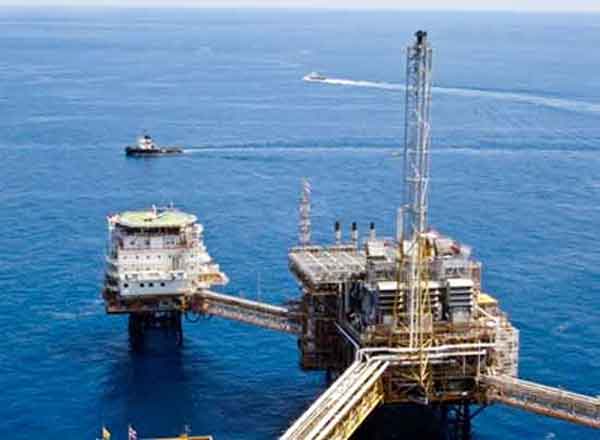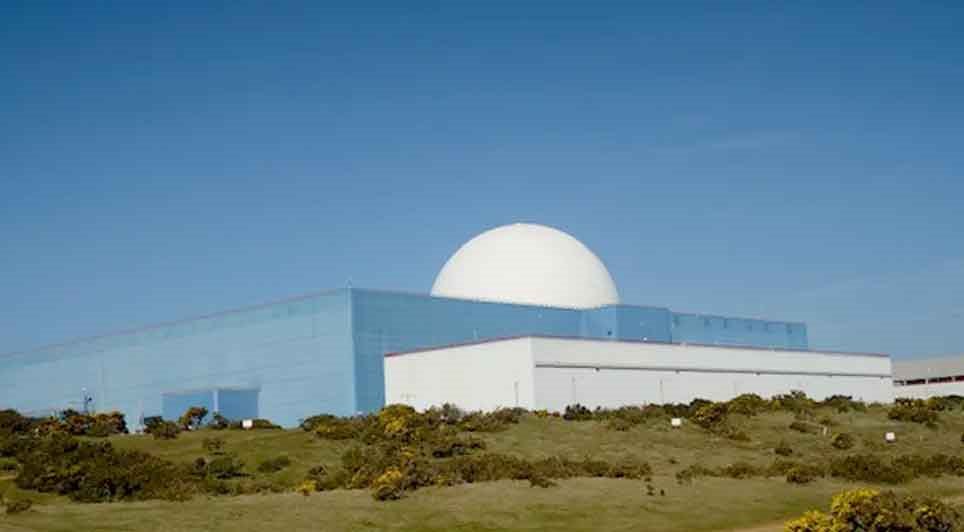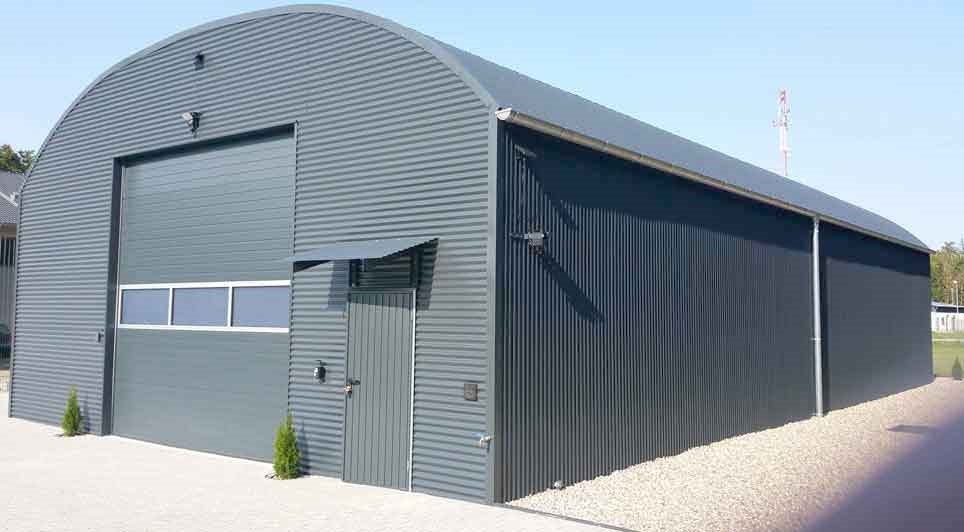New figures have revealed turnover in the UK Oilfield services (OFS) sector declined by nearly £5 billion in 2015.
The 'Review of the UK oilfield services industry' report by EY states the overall annual turnover of UK OFS fell from £40.6bn in 2014 to £35.7bn in 2015.
In addition, export activity declined by £1.7bn, despite an increase compared with 2014 figures.
The drop in figures marks the first decline in the sector's turnover since 2008. However, EY said its data shows that the stablisation of the oil price in the $50 – $60 region, along with early signs of new investment, could provide grounds for "cautious optimism".
Derek Leith, EY Partner and Head of Oil and Gas Tax, said: "With the worst of the downturn over and signs of recovery becoming more prevalent, the UK oil and gas sector has reached tipping point with the supply chain playing a pivotal role. As such, the future viability of the oilfield services industry will be largely determined by the decisions and actions taken by leaders in 2017.
"It is essential that the hard-won benefits achieved by oilfield services companies as a result of the unforgiving low oil price environment, such as greater efficiencies and innovative approaches, are sustained and not abandoned as the oil price starts to recover.
"It may be that the current oil price will prevail for the foreseeable future, so the oilfield services industry must push beyond cost reduction to higher margin sustainable business. This needs to be characterised by new commercial relationships, new technology and innovation."
Mr Leith added decommissioning is an "excellent opportunity" for the UK OFS to "grow a significant line of business with huge export potential".
"The UK supply chain must offer high quality, cost-effective goods and services if they are to succeed in the fiercely competitive global market," he continued.
"Significant co-ordination, collaboration and support will be needed in order to help deliver an optimum decommissioning solution for the UKCS and to take advantage of an important export opportunity in the years to come.
"However, we need to start to view decommissioning in a different way. It needs to be integrated with ongoing oilfield operations and development activity as part of an integrated approach to maximising economic recovery and delivering value."
Looking ahead, Mr Leith said it would be "premature" to predict capital expenditure will recover to previously seen figures this year, stating a significant increase in exploration/development in the North Sea would be "bullish" due to the current environment.
"Despite this, there are encouraging signs in the form of new sources of capital taking ownership of assets, including the eventual arrival of much anticipated private equity investment in the second half of 2016," he said.
"Such investment not only shows faith in the long-term prospects for profitable recovery of oil and gas in the North Sea, it should also signal the arrival of some much needed investment to further improve productivity and reduce the operating costs of North Sea assets.
"Despite the decision by some of the oil majors to offload UK assets, new entrants have not been averse to acquiring assets with development potential, reflecting their belief that attractive returns can still be achieved over time."
(LM)
 UK
UK Ireland
Ireland Scotland
Scotland London
London






















